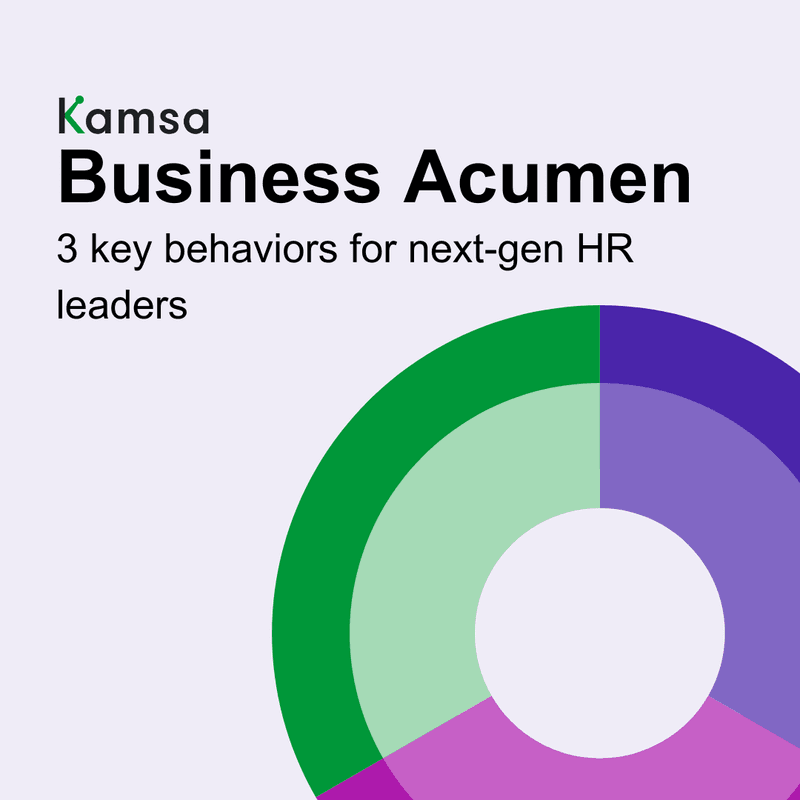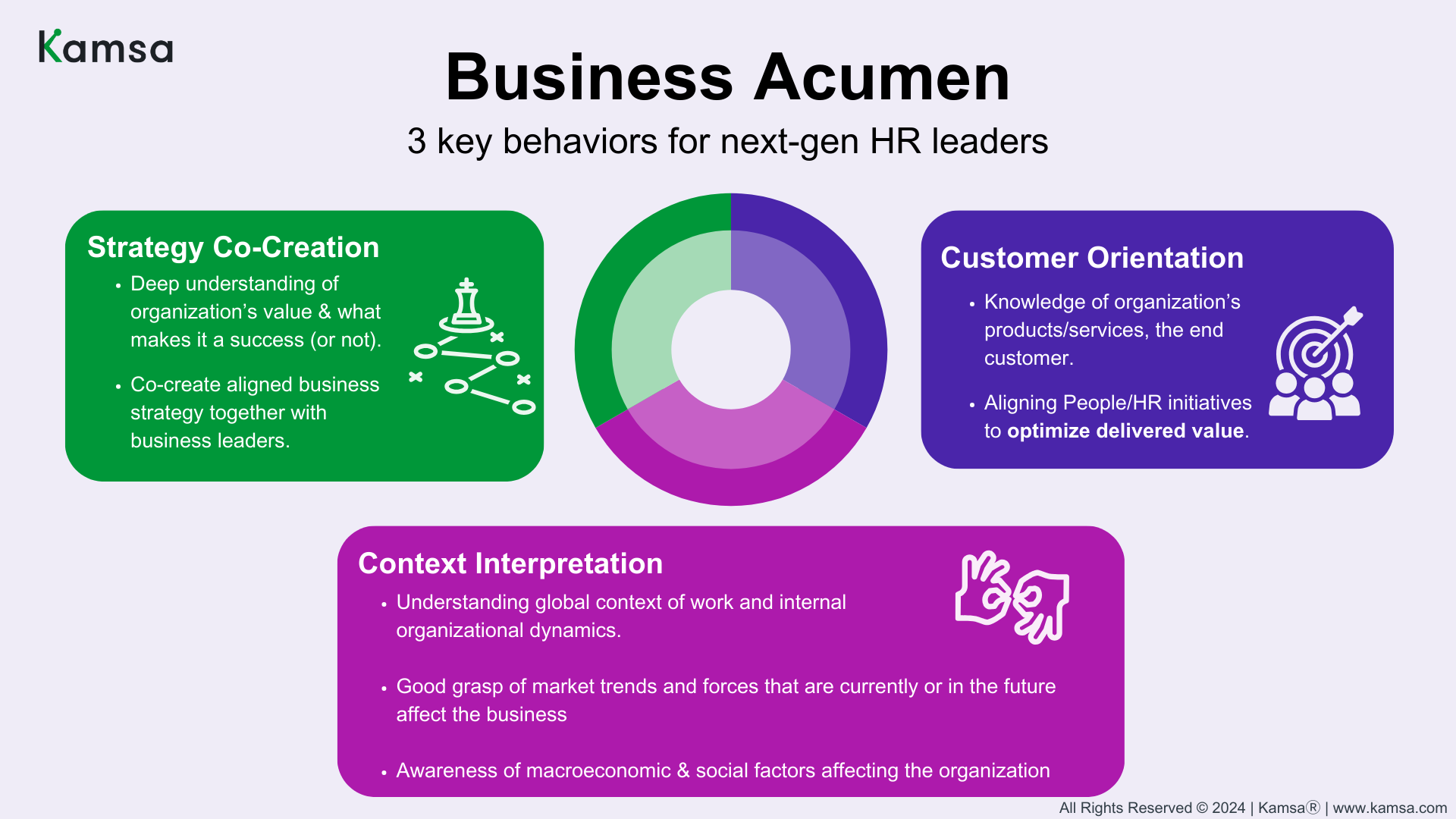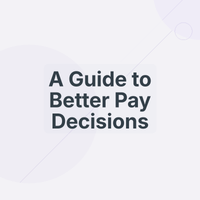
Business Acumen for HR Leaders
Next-gen HR leaders see themselves as business people.
But, what is business acumen, anyway? We break it down below:
Business acumen refers to:
- The ability to understand an organization’s goals, purpose, and vision and create processes, policies, and activities aligned with this that best serve the organization and drive it forward.
- Having a solid grasp of the big picture in business, from finance and operations to strategy and market dynamics.
According to Academy to Innovate HR (AIHR), business acumen comprises of the following 3 key components that HR professionals need to have an understanding of:
-
Context interpretation - Understanding of the global context of work and the internal organizational dynamics.
- Requires a good grasp of market trends and forces that are currently or in the future will affect the business
- A comprehensive awareness of macroeconomic & social factors affecting the organization
-
Customer orientation - The knowledge of the organization’s products or services, the end customer, and aligning HR/People initiatives to optimize delivered value.
-
Strategy co-creation - Having a deep understanding of the organization’s value and what makes it a success (or not), and using this knowledge to co-create aligned business strategy together with the business leaders.
An HR leader who has good business acumen means they can make strategic decisions that align with the company's goals and bottom line - it’s a vehicle for improving financial performance. They're able to analyze situations, anticipate trends, and curate opportunities or risks to lead the company in the right direction.

Now that we have defined business acumen, let’s talk about how it can translate to an HR leader’s work. Below are example key behaviors that exhibit strong business acumen.
3 Key Behaviors of Strong Business Acumen for HR Leaders
-
Ability to define & align with the company’s purpose
The HR leader needs to be able to clearly articulate what the purpose of the organization is - what they do and why it exists.
They need to connect their role’s responsibilities to the wider organization's efforts, and always factor this into their decision making.
-
Consistent and effective measuring
The HR leader need to be able to measure ROI regularly, and in doing so ask themselves:
- Are we doing the right thing for the business, customer, and our people?
- How are we contributing to revenue and better profitability?
- How do the HR/People initiatives impact the achievement of business goals, customer satisfaction, and stakeholder satisfaction?
-
Rewarding & recognizing strengths and contributions
HR leaders who demonstrate strong business acumen encourage managers to keep an eye on their employee’s strengths and areas for development, and help cultivate skill sets that are needed to achieve business goals. They ensure that any bonus and commission programs drive desired behaviors, and reward and recognize significant contributions from employees that help achieve the company’s goals.



